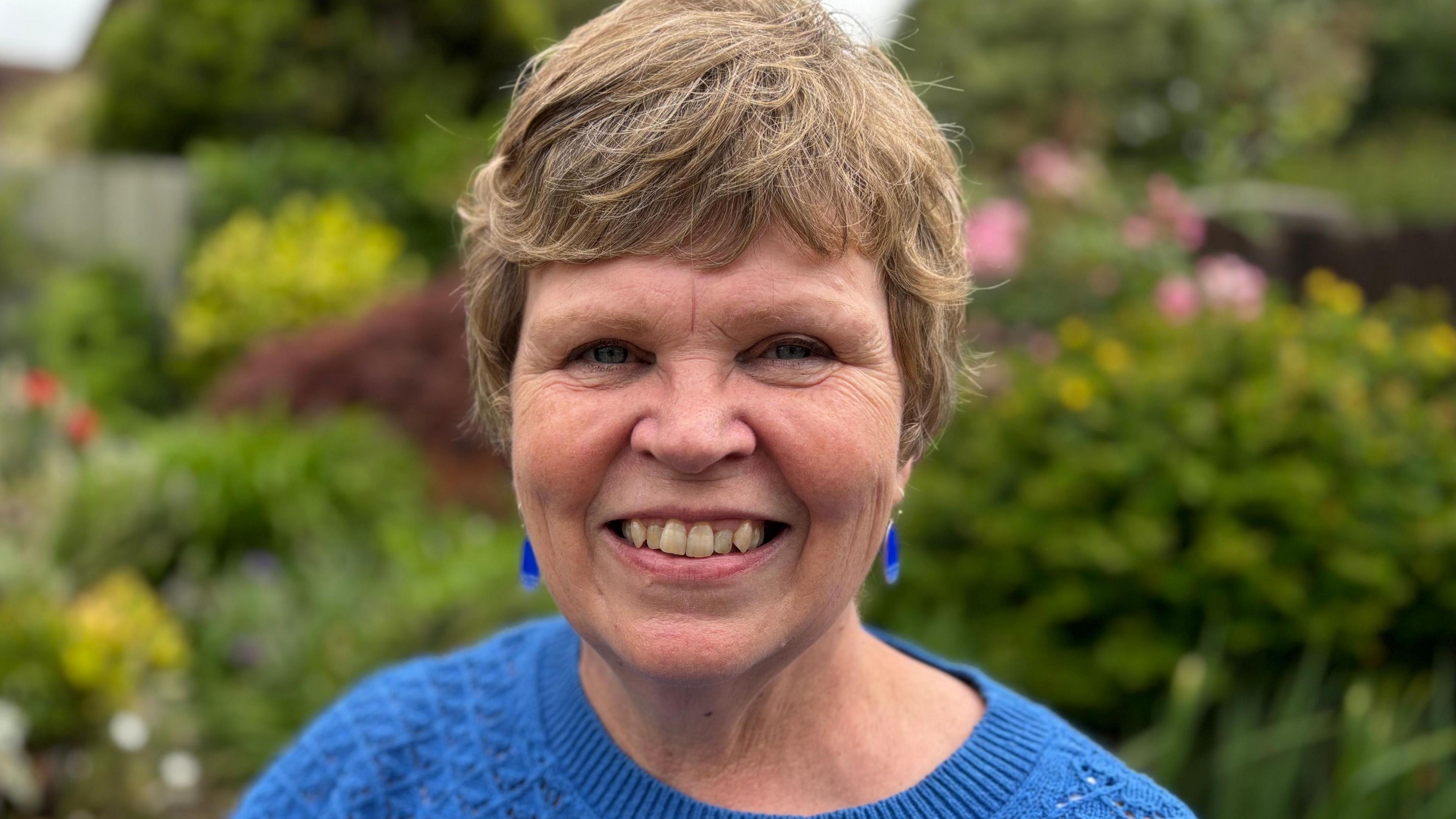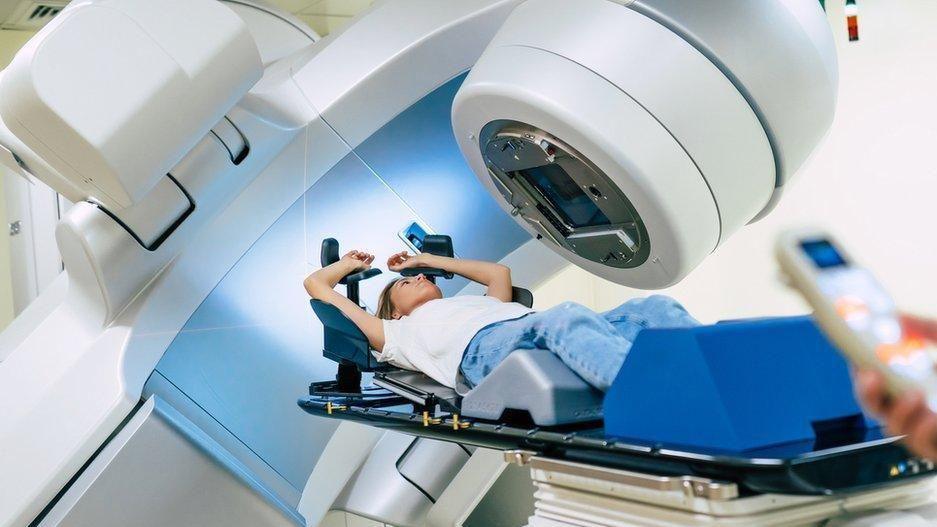Prehab for cancer patients cuts hospital stay
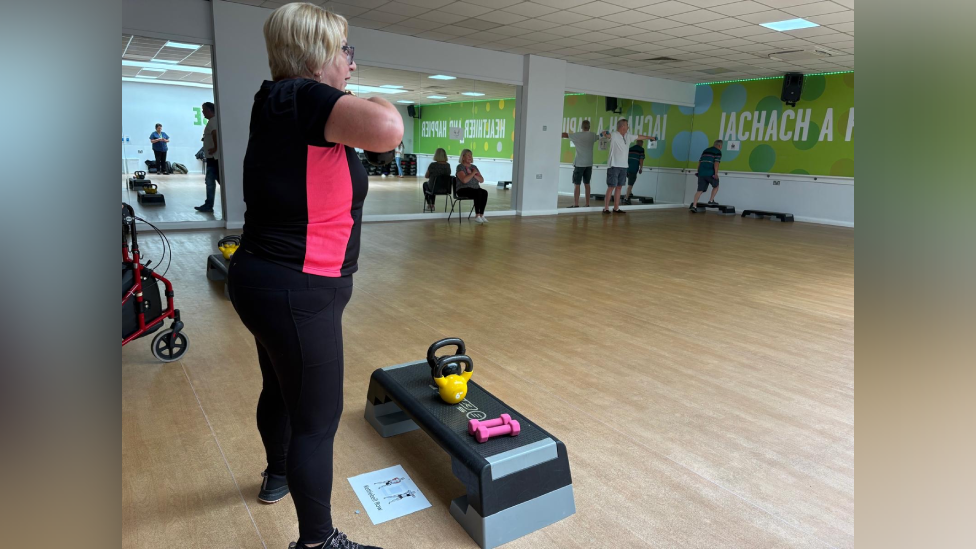
Some cancer patients who followed special exercise, diet and wellbeing plans before surgery could be moved from palliative care and be considered for curative surgery
- Published
Cancer patients who followed special exercise, diet and wellbeing plans before surgery spent on average three fewer days in hospital, according to new research.
In some cases patients could be moved from palliative care and be considered for curative surgery, such were the improvements to their health as a result of the programme.
Public Health Wales (PHW) evaluated the "prehab2rehab" scheme run at Cardiff and Vale health board, which was mainly offered to patients who needed surgery for colorectal cancer, external.
It recommended the programme be rolled out to patients diagnosed with all cancers, right across Wales.
The Welsh government said the evidence from PHW would support health boards to further develop their prehabilitation services.
I'm a bodybuilder but bowel cancer in my 30s nearly killed me
- Published5 August
'As a GP I felt I had to work during my cancer scare'
- Published22 July
While similar prehabilitation schemes are available across Wales once a person is diagnosed with cancer, this scheme also enabled GPs to refer patients onto the programme from the moment cancer was suspected and offered support until the day of surgery.
The report heard some patients found the prospect of "yet another" appointment overwhelming, but others said the sessions gave them a sense of purpose and control over their diagnosis, building strong social connections with others going through similar experiences.
The sessions included access to dietary advice, specialist pharmacies, cardiology clinics and psychological therapy, depending on the patient's needs, though the report said a greater focus on rehabilitation could ensure lifestyle changes were sustained following treatment.
Deputy head of evaluation at Public Health Wales, Dr Esther Mugweni, said: "By reducing time spent in hospital, the programme not only supports patients, but also has the potential wider benefit to NHS resources."
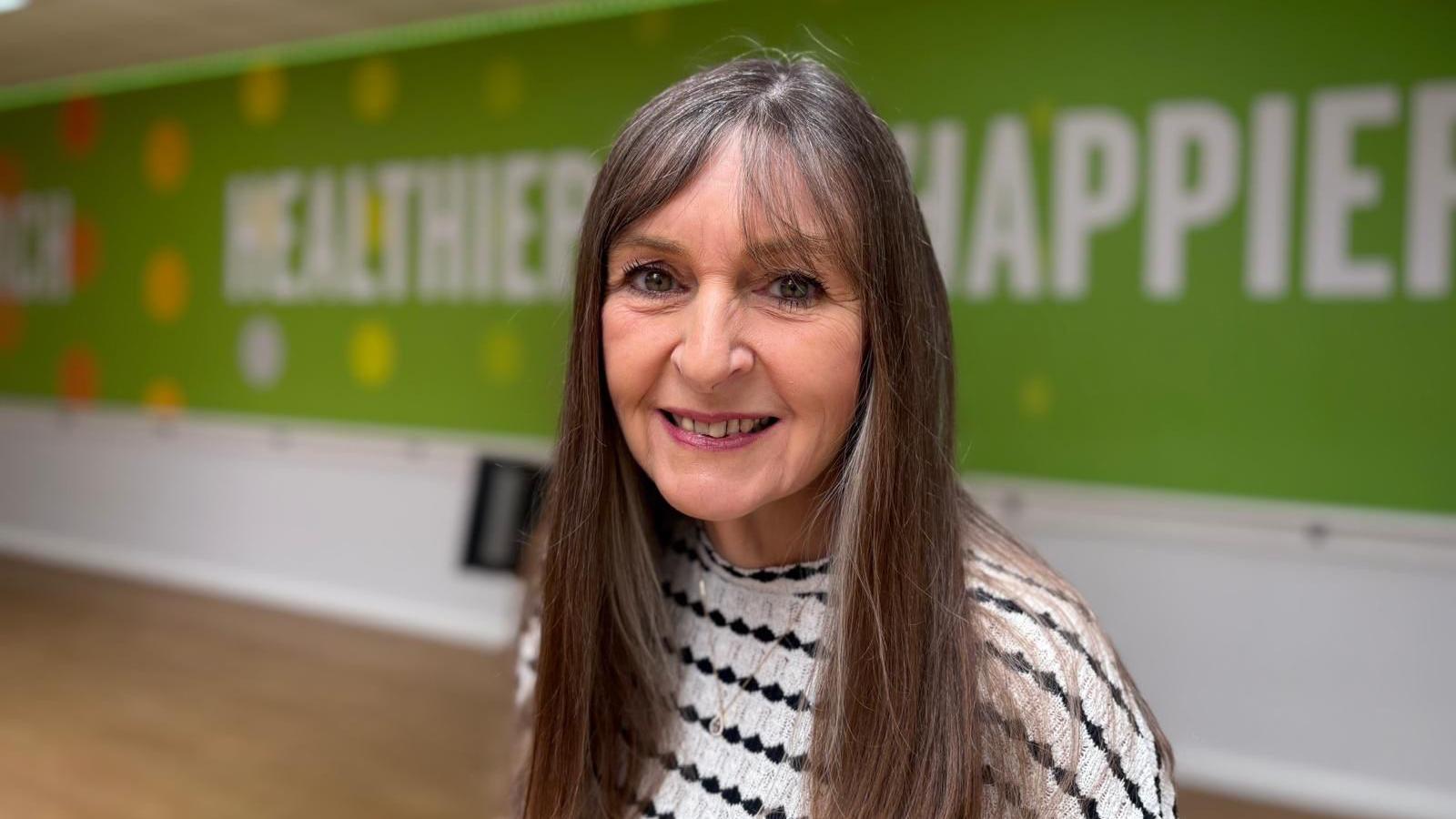
Heulwen Wyatt was diagnosed with oesophageal cancer in November 2022
Heulwen Wyatt, from Cardiff, found out that she had oesophageal cancer in November 2022 after experiencing indigestion and struggling to swallow.
"It was a huge shock. I was feeling well, hadn't lost weight, didn't fit any of the usual criteria for this type of operation.
"I did not expect that diagnosis, but I felt so grateful that my surgeon felt that she was able to operate."
Ms Wyatt told Radio Wales Breakfast it was important to be in "as good shape as possible" to help her cope with the surgery.
"I immediately signed up for prehab, then about a week after the chemo radiation finished, I restarted up until about four days before I had the operation."
She said this made her feel like "something was being done" instead of just "waiting while cancer spread my body".
"To do something positive was so good," she added.
Ms Wyatt said she felt "incredibly grateful" to have had the treatment.

Dr Esther Mugweni says the changes have the "potential" to benefit the wider NHS network
Dr Rachael Barlow is clinical lead for the Prehab2Rehab scheme in Cardiff and Vale.
She said the scheme is gradually being rolled out to patients with other cancers too.
Work is also under way to widen it on a regional level to offer equitable access to all patients.
"If this was a pill it would be the most widely prescribed pill available.
"Because it's something that can improve recovery times," she said.
Research by her colleagues suggested cancer survival rates after two years were improved among those who had done the scheme.
The health board has so far been working with the Better group of leisure centres.
Dr Barlow said she was keen to bring on board other leisure centres and third sector organisations to spread the work more widely across the region.
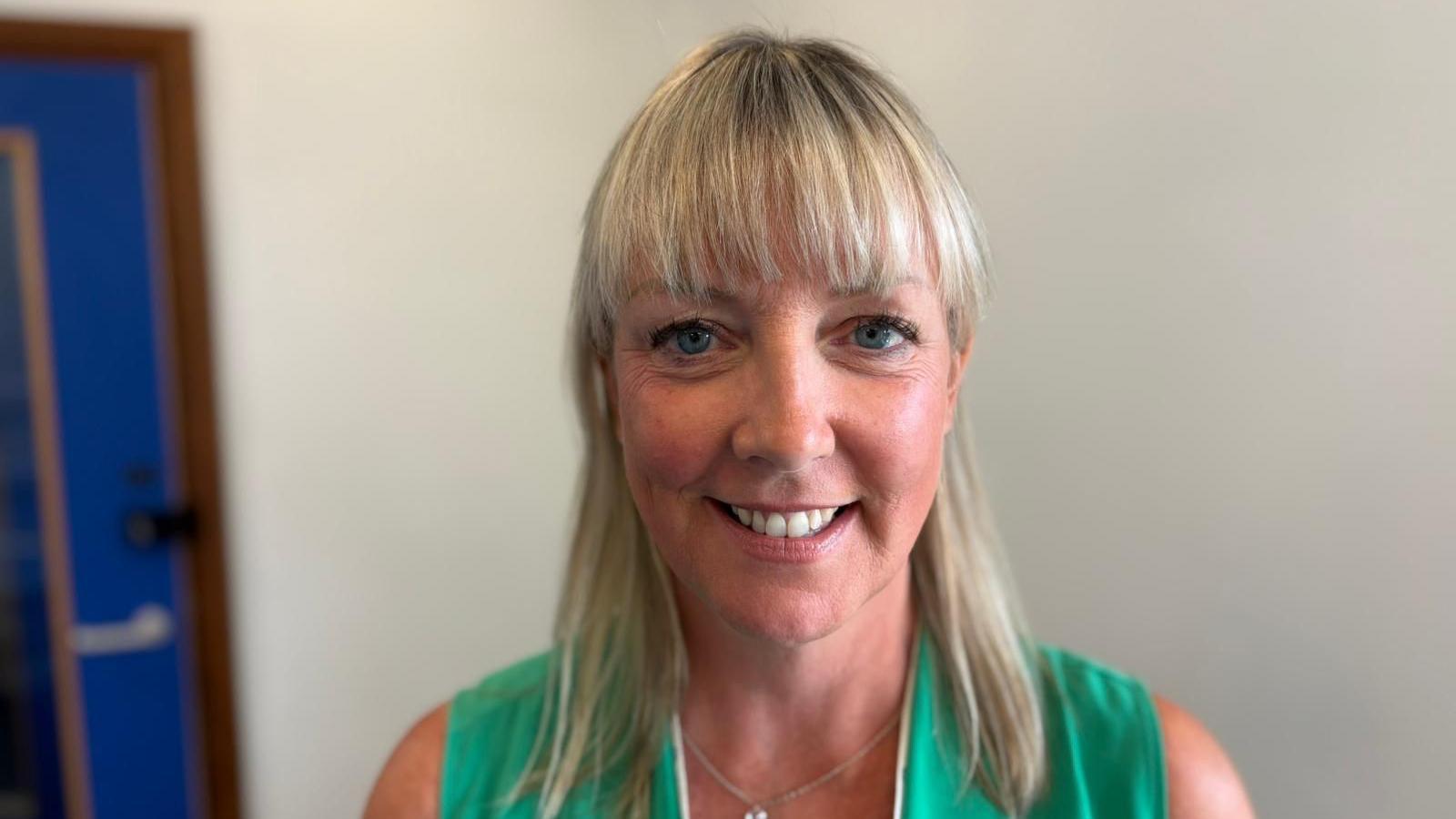
Dr Rachael Barlow would like the scheme to be rolled out to more patients
The report suggested a reduced length of stay could lead to improved patient flow and greater capacity for planned care within the NHS, where waiting lists remain a significant challenge.
It recommended the scheme be spread to all cancer patients across Wales.
Chair of the Wales Cancer Alliance, Lowri Griffiths, said this provided even more evidence of the benefits to prehabilitation sessions.
"This is incredibly important if people are to also undergo other treatments like chemotherapy or radiotherapy.
"Going into treatment as healthy as possible means you are likely to have a better outcome - it's vital that we take this learning and apply it across all health boards in Wales so that patients can benefit wherever they are."
Exercise classes were provided at leisure centres and gyms, and patients who participated in three or more sessions spent around three days fewer in hospital, following surgery, compared to those who did not do the classes.
In Wales each month just under 2,000 people typically start treatment for a first cancer - figures are not routinely published for those starting treatment for a cancer which has returned or spread.
The report acknowledged limitations in its findings, as the majority of patients had one type of cancer, and staff were concerned that few patients from ethnic minority communities engaged with the scheme. However, it said the impact on the length of post-operative stay was promising.
A Welsh government spokesperson said: "We expect appropriate rehabilitation support to be offered to patients treated for cancer in line with the national framework and increasingly health boards are able to offer support in advance to help people get ready for their treatment."
Related topics
- Published14 January
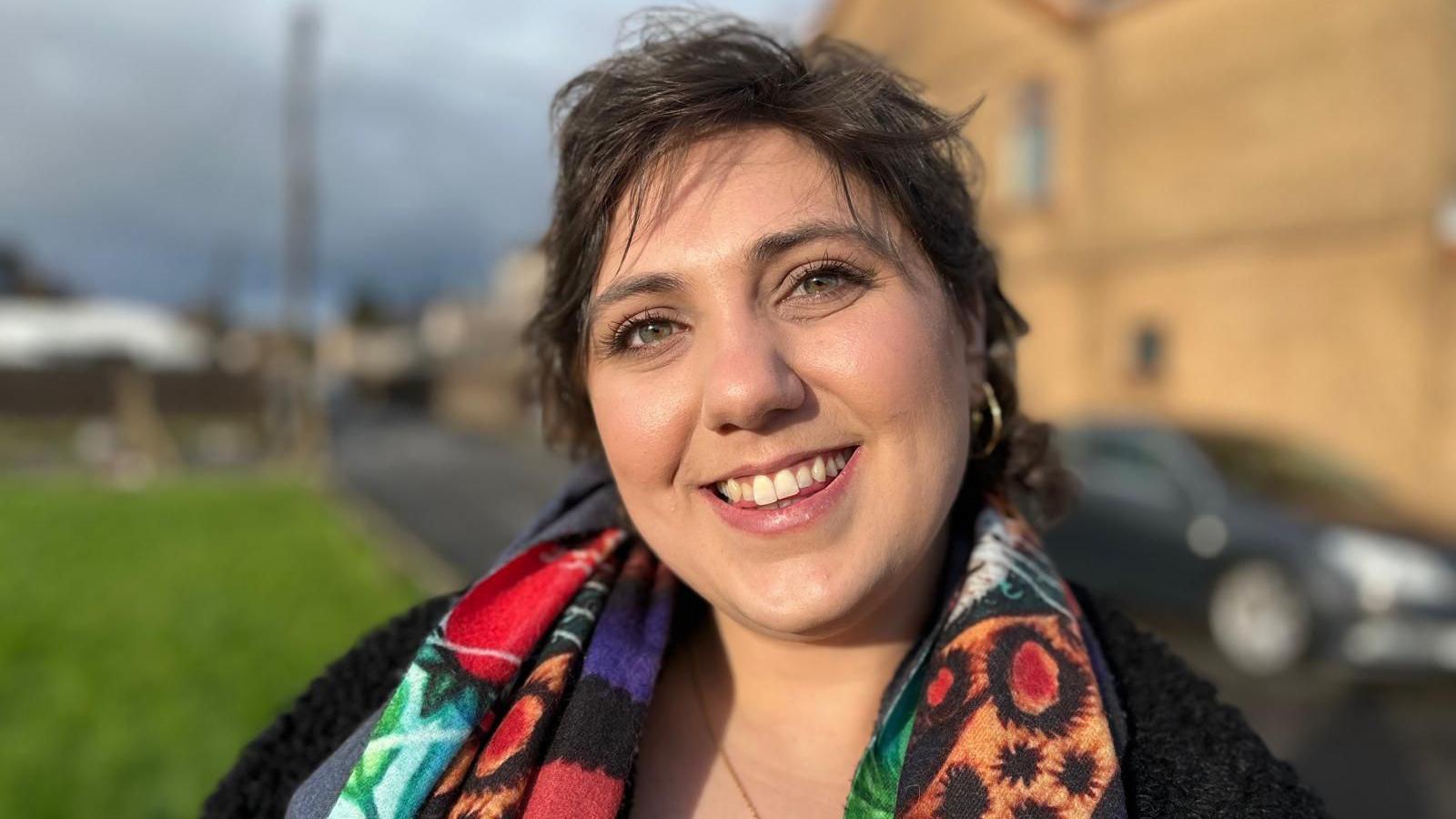
- Published2 June
